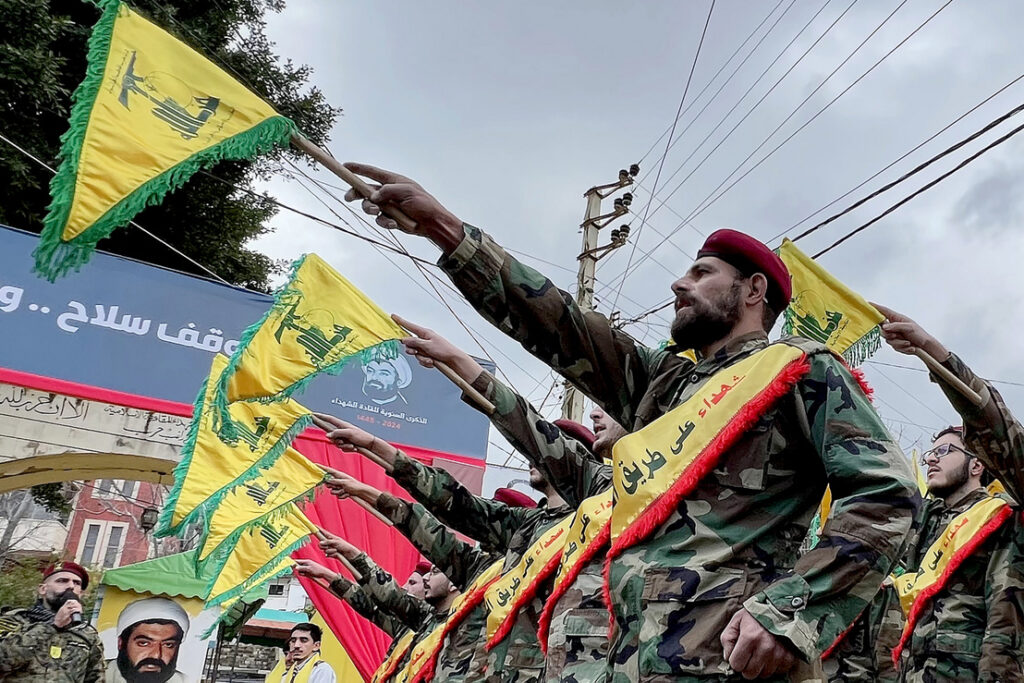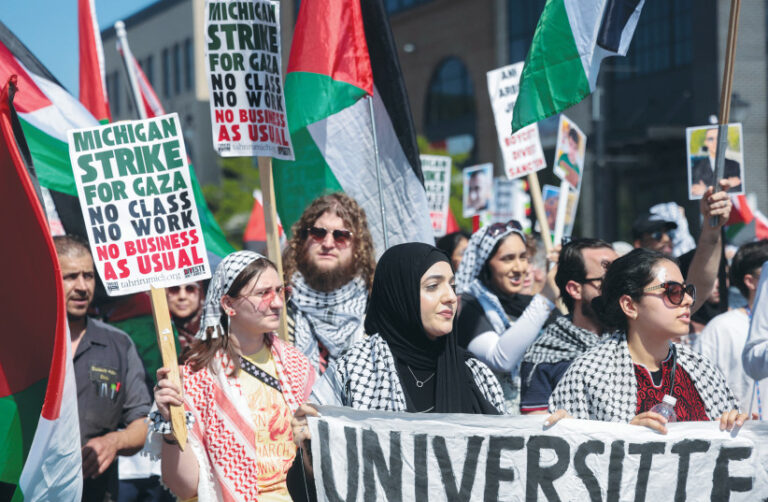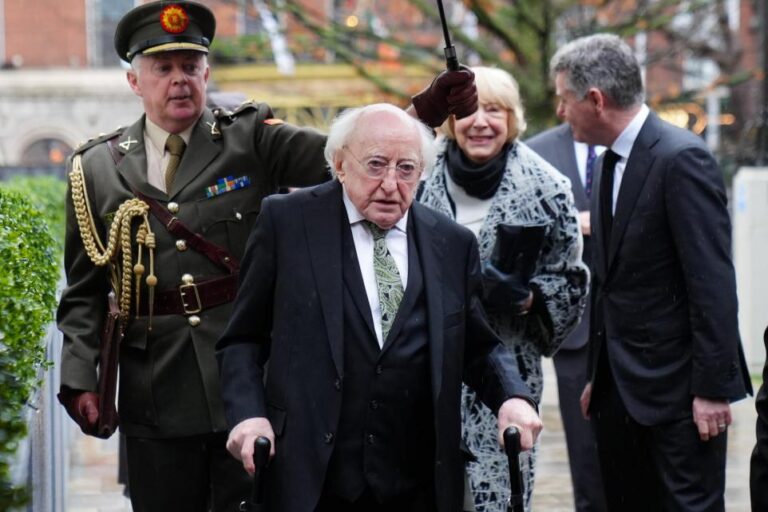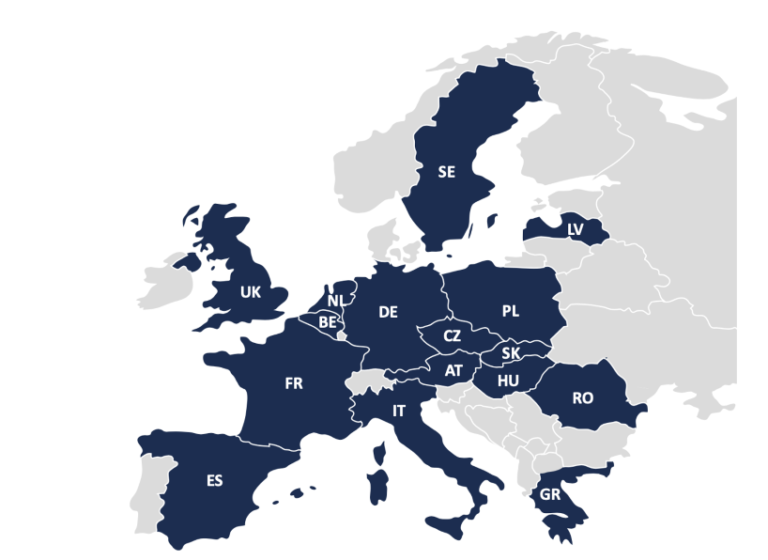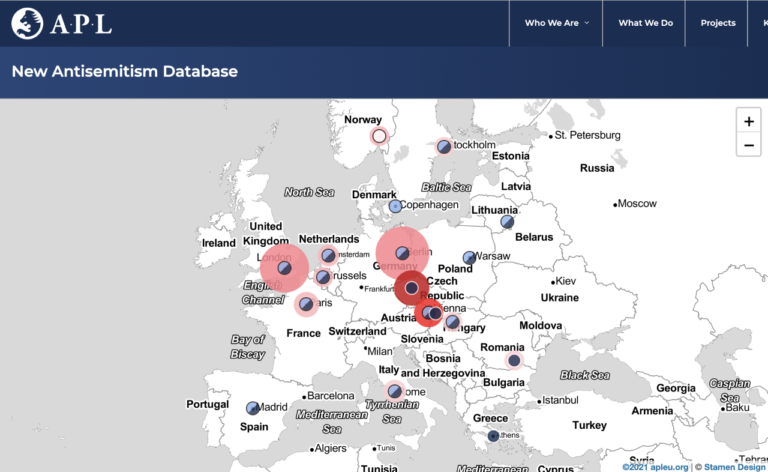In his opinion article, Index journalist, political analyst and consultant of the EuroAtlantic Zrt. Dávid Nagy explores that Hezbollah is a threat that goes beyond the Jewish state and that an Israeli victory over the terrorist organisation is also in the European interest.
Following Hamas’s full-scale attack on Israel on October 7, 2023, Lebanon’s Hezbollah immediately pledged its support for the Gaza terror group, which has murdered more than 1,200 people and taken at least 250 civilians hostage. Hezbollah’s support was not just rhetorical. Since October 8, their rocket and drone attacks have been indiscriminately hitting civilian and military targets, causing serious forest fires and effectively turning the border areas between the two countries into a war zone. The number of Hezbollah attacks, which have become a daily occurrence, now exceeds 1,200, leaving at least 60,000 people still unable to return to their homes in northern Israel.
The aim of the attacks by the Shiite terrorist organisation has been clear from the start: to divide the attention and, if possible, the resources of the Israeli political and military leadership for the war against Hamas. Preferably without starting an unfavourable war with Israel, but merely to wear down its opponent below the threshold of war in the „good terrorist organisation” manner.
Israel’s patience seems to be running out. In recent weeks, it has repeatedly signalled to its allies that it will not stand idly by while the north of the country is wholly set alight by the terrorist organisation. However, a war between Hezbollah and Israel would mean a conflict of a different intensity to the one in Gaza for the Jewish state. It could easily drag Lebanon into the abyss. To find out why, it is worth briefly looking at the history of the formation and development of Hezbollah.
Hezbollah as the „success project” of Iran’s proxy strategy
In 1979, the Iranian Revolution, led by Ruhollah Khomeini, successfully transformed the secular Iranian monarchy into a hard-line Islamic republic. It sought a new opportunity to spread its ideology and influence in the region. Lebanon, by then plunged into a serious civil war, proved to be an excellent breeding ground. Thus, in 1982, thanks to the financial and ideological support of the Iranian leadership and the training of the Iranian Islamic Revolutionary Guard Corps (IRGC), a group of disillusioned Lebanese Shiite youths formed a well-organised anti-Israel militia: Hezbollah.
Over the past two decades, under the leadership of Hassan Nasrallah and with Iran’s unwavering support, the terrorist organisation has become an organisation with significant military capabilities and political influence (15 seats in parliament) and a prime proxy for Tehran’s regional ambitions, which it has deployed not only against Israel but also in the Syrian civil war.
With Iran’s financial support, Hezbollah operates an extensive international drug and smuggling network and has also tapped into the underperforming Lebanese economy to use its resources for its own ends. According to local sources, the port of Beirut is effectively under the control of the militia, which has made it a hotspot for arms smuggling and other illegal activities (recall the August 2020 explosion at a warehouse in the port, which was the result of the improper storage of thousands of tons of ammonium nitrate, killing at least 200 people). At the end of June this year, the international press reported that the terrorist organisation was using Beirut International Airport to transport and store weapons, missiles and explosives.
What would an Israel-Hezbollah war look like?
A terrorist organisation with an estimated 40,000 fighters (100,000 according to Nasrallah) and at least 150,000-200,000 rockets would pose a much more significant challenge to Israel than Hamas in the event of an all-out war. The terror organisation’s missiles could not only overwhelm Israel’s air defences but could also reach anywhere in the country thanks to their more sophisticated technology and extended range.
Such a war could also be disastrous for Lebanon, which is ravaged by political and economic instability. The Beirut airport and port used by the terrorist organisation could become a potential Israeli target, effectively cutting Lebanon off from the outside world. Not to mention that the primary objective of a possible Israeli ground offensive would be to occupy the south of Lebanon to create a buffer zone to ensure the security of the settlements in northern Israel against the daily attacks of the terrorist organisation.
A HEZBOLLAH ATTACK LAST OCTOBER COULD HAVE TRIGGERED A PRE-EMPTIVE STRIKE BY ISRAEL.
It was rumoured at the time that Washington’s persistent intervention was needed to prevent Jerusalem from launching a full-scale attack on the terrorist organisation before the Gaza invasion. So far, Israel has been content to eliminate a number of senior Hezbollah commanders, inflicting significant losses on the Shiite terrorist organisation.
However, the Israeli leadership has publicly indicated that, in the absence of a diplomatic solution, plans to dismantle Hezbollah could be on the table again, and decisive action against the Lebanese militia will be necessary, if not tomorrow, then in the foreseeable future. Israel, which has been depleting its military forces and burning much of its military hardware in Gaza for many months, could only fight a war against Hezbollah successfully with a significant redeployment and with the support of the United States. Thus, delaying the offensive and avoiding a two-front war seems a sensible move on Jerusalem’s part. The question is how much longer Israel’s strategic patience can endure the daily attacks by Hezbollah.
Is Europe not safe, either?
And finally, before we think that Hezbollah is just a distant threat, mainly to Israel, it is worth bearing in mind the terrorist organisation’s recent threats to Europe.
In a television interview in May, the leader of the Tehran-sponsored militia threatened to unleash the 2 million refugees in Lebanon, mostly Syrians, on Europe, creating a major refugee crisis on the old continent.
Weeks ago, it threatened the EU member state Cyprus that it would consider the island nation a belligerent if it opened its ports and airports to Israel in the event of an all-out war between the two sides. The terror chief’s threat may be based on the fact that Cyprus and Israel have held several joint military exercises in recent years, with Israel preparing for a multi-front war and a battle against Hezbollah.
In Israel, the question is no longer whether there will be a war but when the war against Iran’s number one proxy will start. Given the above, it is not an exaggeration to say that Hezbollah is a threat that goes beyond the Jewish state and that an Israeli victory over the terrorist organisation is also in the European interest.
The author is a political analyst and consultant at EuroAtlantic Zrt.
The opinion pieces do not necessarily reflect the views of the Index editorial team.
Source: index.hu
Photo credit: Mahmoud Zayyat / AFP
